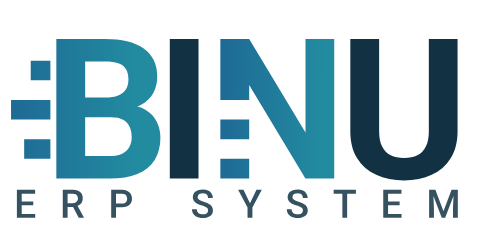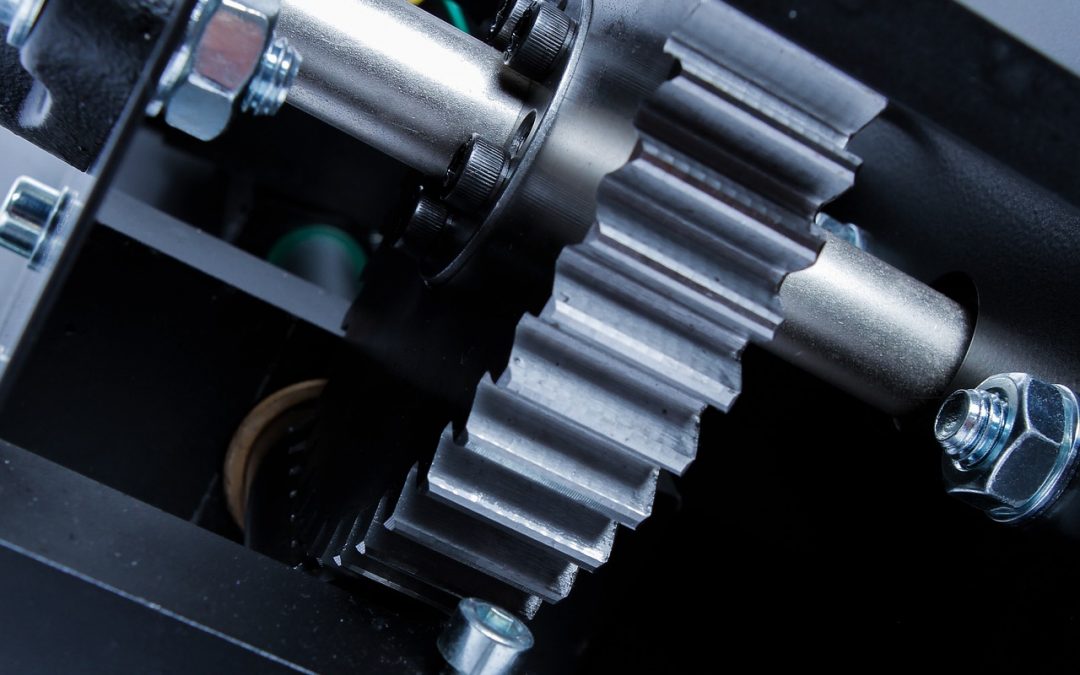As the manufacturing industry continues to evolve (according to latest trends), driven by technological advancements and the forces of globalization, the landscape for operations is poised for significant transformation. Advantages for Manufacturing Industries in the Future is embracing these changes offers manufacturers numerous advantages, enabling them to stay competitive and thrive in an increasingly interconnected world.
Advantages in the future and why manufacturing matters:
- Technological Advancements and Industry 4.0
The future of manufacturing is being shaped by Industry 4.0, characterized by the integration of advanced technologies such as IoT (Internet of Things), AI (Artificial Intelligence), and big data analytics. These technologies enable smarter and more efficient operations, providing real-time insights and predictive analytics. Manufacturers can optimize production processes, reduce downtime, and enhance product quality, leading to increased productivity and profitability. - Enhanced Global Supply Chain Management
Globalization has expanded supply chain networks, allowing manufacturers to source materials and components from around the world. Advanced ERP systems facilitate better global supply chain management by providing end-to-end visibility and control. Manufacturers can manage international suppliers, track shipments, and ensure timely delivery, minimizing disruptions and reducing costs. This global approach enhances flexibility and resilience in supply chain operations. - Improved Collaboration and Communication
Globalization necessitates effective collaboration and communication across different geographies and time zones. Advanced ERP systems offer robust communication tools and collaborative platforms, enabling teams to work together seamlessly, regardless of location. This improved communication fosters innovation, accelerates decision-making, and enhances overall operational efficiency. - Access to Global Markets
Globalization opens up new market opportunities for manufacturers. By leveraging advanced ERP systems, manufacturers can easily manage multi-country operations, comply with various regulatory requirements, and tailor their products to meet the specific needs of different markets. This access to global markets drives revenue growth and diversifies risk. - Sustainable and Green Manufacturing
The future of manufacturing is increasingly focused on sustainability and environmental responsibility. Advanced technologies and ERP systems enable manufacturers to implement green manufacturing practices and/or materials, such as energy-efficient production, waste reduction, and sustainable sourcing. These practices not only help in complying with environmental regulations but also enhance brand reputation and meet the growing demand for eco-friendly products. - Mass Customization and Personalization
Consumers today demand products tailored to their specific needs and preferences. The future of smart manufacturing is moving towards mass customization, where manufacturers can produce customized products at scale. ERP systems play a crucial role in this by integrating customer data, production processes, and supply chain operations, enabling manufacturers to offer personalized products without compromising efficiency. - Agility and Adaptability
The fast-paced nature of global markets requires manufacturers to be agile and adaptable. Advanced ERP systems provide the flexibility needed to quickly respond to market changes, customer demands, and emerging trends. By having real-time data and insights, manufacturers can pivot their strategies, adjust production schedules, and introduce new products swiftly, maintaining a competitive edge.
What is the Future of Manufacturing?
Manufacturing has always been the backbone of modern economies, shaping industries, jobs, and technological advancements. But as the world moves toward a digital-first era, what does the future hold for this vital sector? Understanding the evolving landscape of manufacturing means understanding manufacturing meaning in today’s context, especially when it intertwines with concepts like ERP in manufacturing and what is ERP in manufacturing industry.
Is Manufacturing Still Important?
Absolutely. The question is manufacturing important can be answered by looking at the economic and societal impact of production-based industries. Manufacturing doesn’t just create jobs; it fuels innovation, produces the goods we rely on daily, and supports sectors like healthcare, technology, and construction. Despite the rise of automation, humans remain at the core of the process, improving efficiency and ensuring quality control.
ERP Systems in Manufacturing: A Vital Change
The ERP in manufacturing world is revolutionizing how businesses operate. Enterprise Resource Planning (ERP) software streamlines production processes, automating everything from inventory control to supply chain management. When considering what is ERP in manufacturing industry, it becomes clear that it’s the system keeping modern manufacturing agile, cost-effective, and scalable. Companies that adopt ERP systems are better positioned to reduce operational errors, manage resources efficiently, and integrate new technologies seamlessly.
How Has the Manufacturing Industry Changed?
Change has been constant in manufacturing. From the industrial revolution to today’s era of Industry 4.0, the sector has embraced advancements such as automation, robotics, and the Internet of Things (IoT). The adoption of ERP systems in manufacturing has also evolved, becoming a key factor in the transition towards smarter factories and data-driven decision-making.
What Will Manufacturing Look Like in 2030?
The future promises even more transformation. By 2030, we expect the manufacturing industry to be highly digitized, with automated systems running much of the production process. Maybe in 2020 industry 4.0 could be the new standard of manufacturing. But with that comes the question of what will manufacturing look like in 2030. Or maybe even in 2050. The answer lies in further integration of technologies like AI, machine learning, and ERP systems designed for manufacturing efficiency. We will see more “smart factories” that use real-time data to optimize every stage of production. Additionally, ERP in manufacturing will evolve to handle predictive analytics, helping businesses foresee challenges and mitigate risks. At least we still have a bit of time to improve and test the technologies before we embrace industry 4.0.
Conclusion
As the industry evolves, ERP systems will continue to play a crucial role in streamlining processes, from supply chain management to production planning. The future of manufacturing will be shaped by the integration of advanced technologies such as AI, IoT, and cloud computing. Companies that adopt these systems will be better positioned to adapt to market changes, scale efficiently, and maintain a competitive edge in the global marketplace. At least that uses innovative systems that can follow the future technologies.
Embrace the Future with Binu ERP System
Are you ready to harness the full potential of advanced technologies and globalization in your manufacturing operations? The Binu ERP system is designed to empower manufacturers with cutting-edge tools and real-time insights. Thus we are not lunching “IoT” or industry 4.0 ERP System yet, we still offer a great and innovative solution for todays market and average needs. Also in terms of price performance for small and medium companies. With Binu ERP, you can streamline management, enhance collaboration, and drive sustainable growth. Scale operations with any stress. Also we offer a free demo version you can request here.
Take the leap into the future of manufacturing. Contact us today to learn more about Binu ERP and discover how our ERP solution works and how it can transform your business and drive success in a globalized world.

